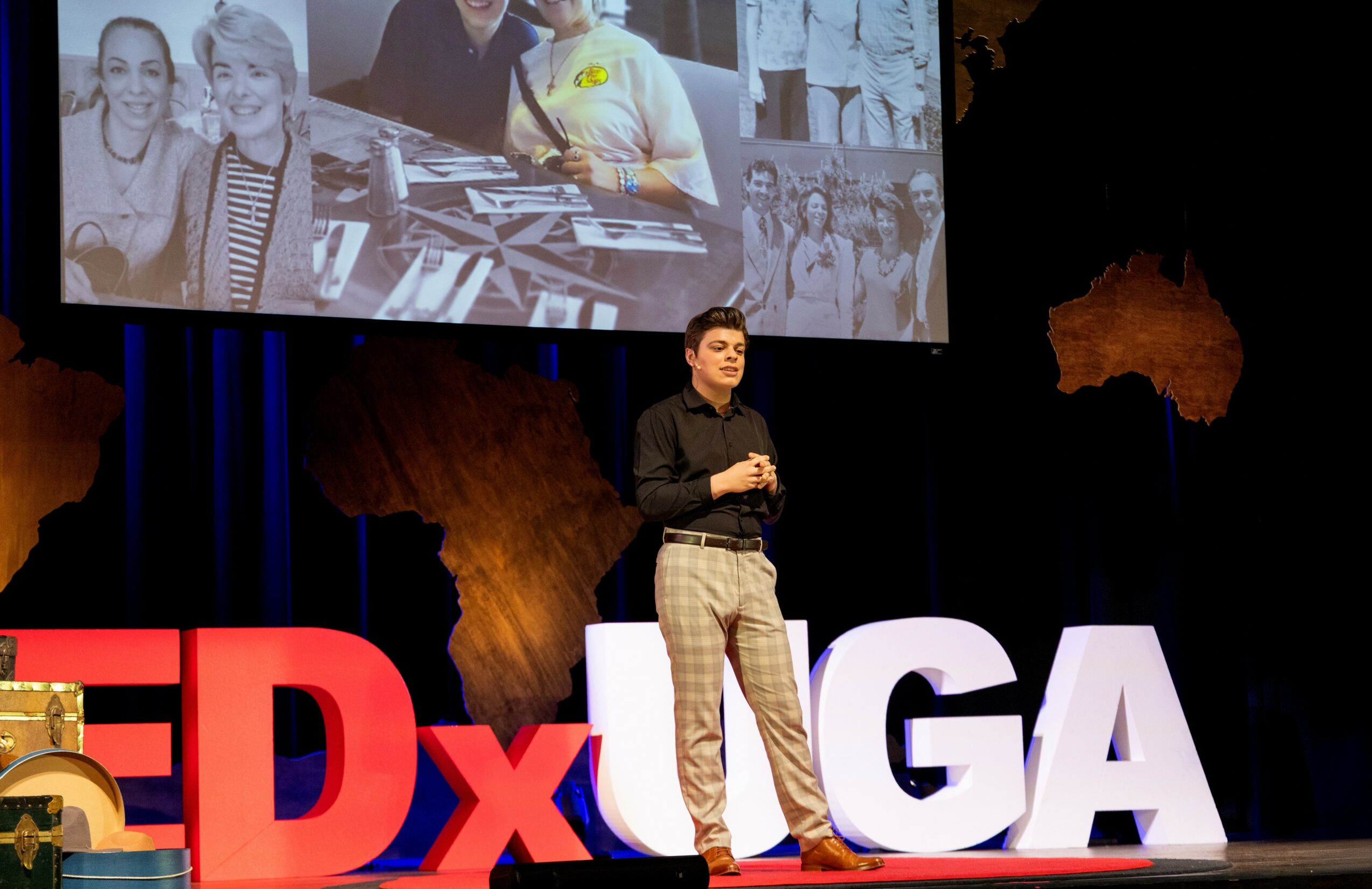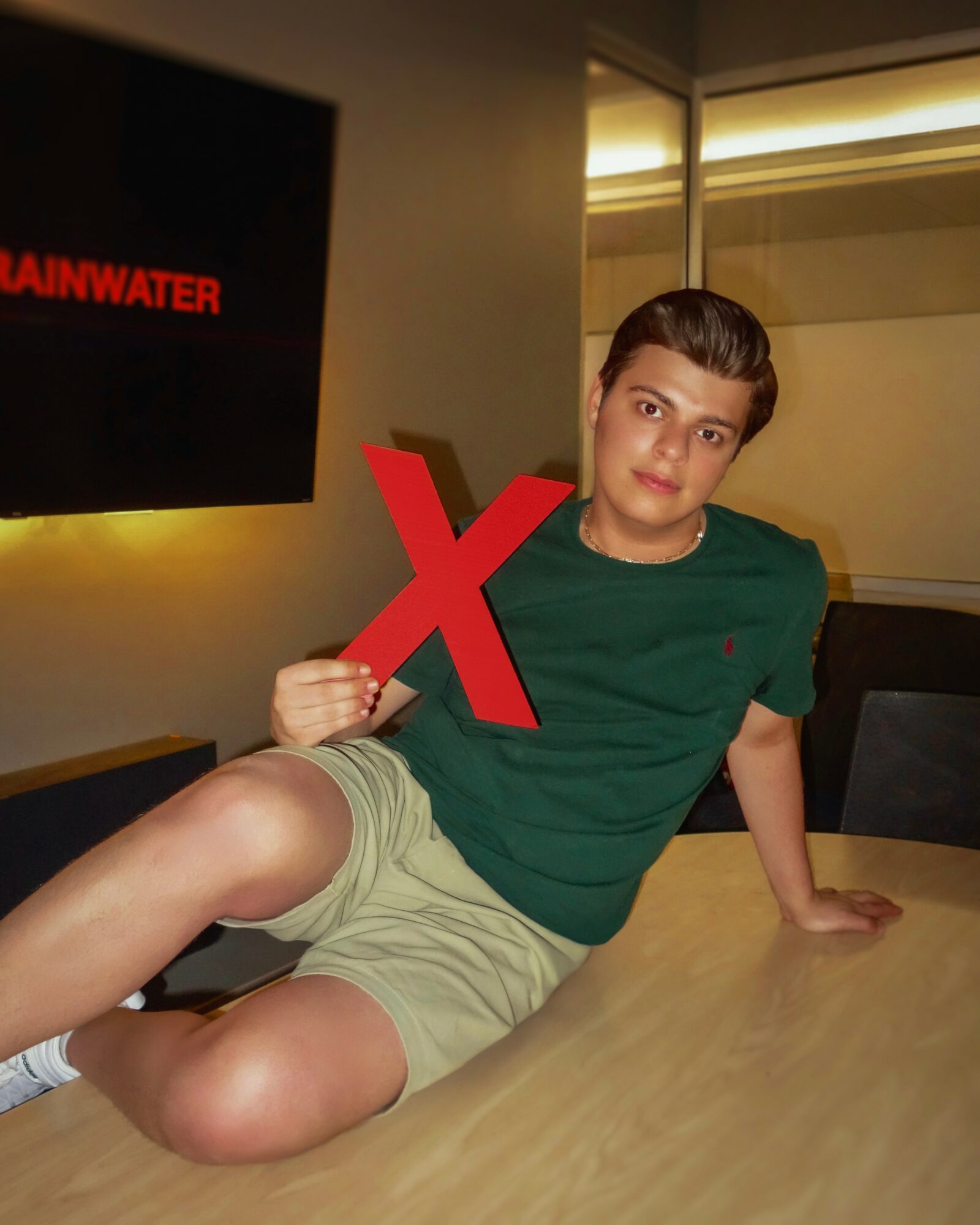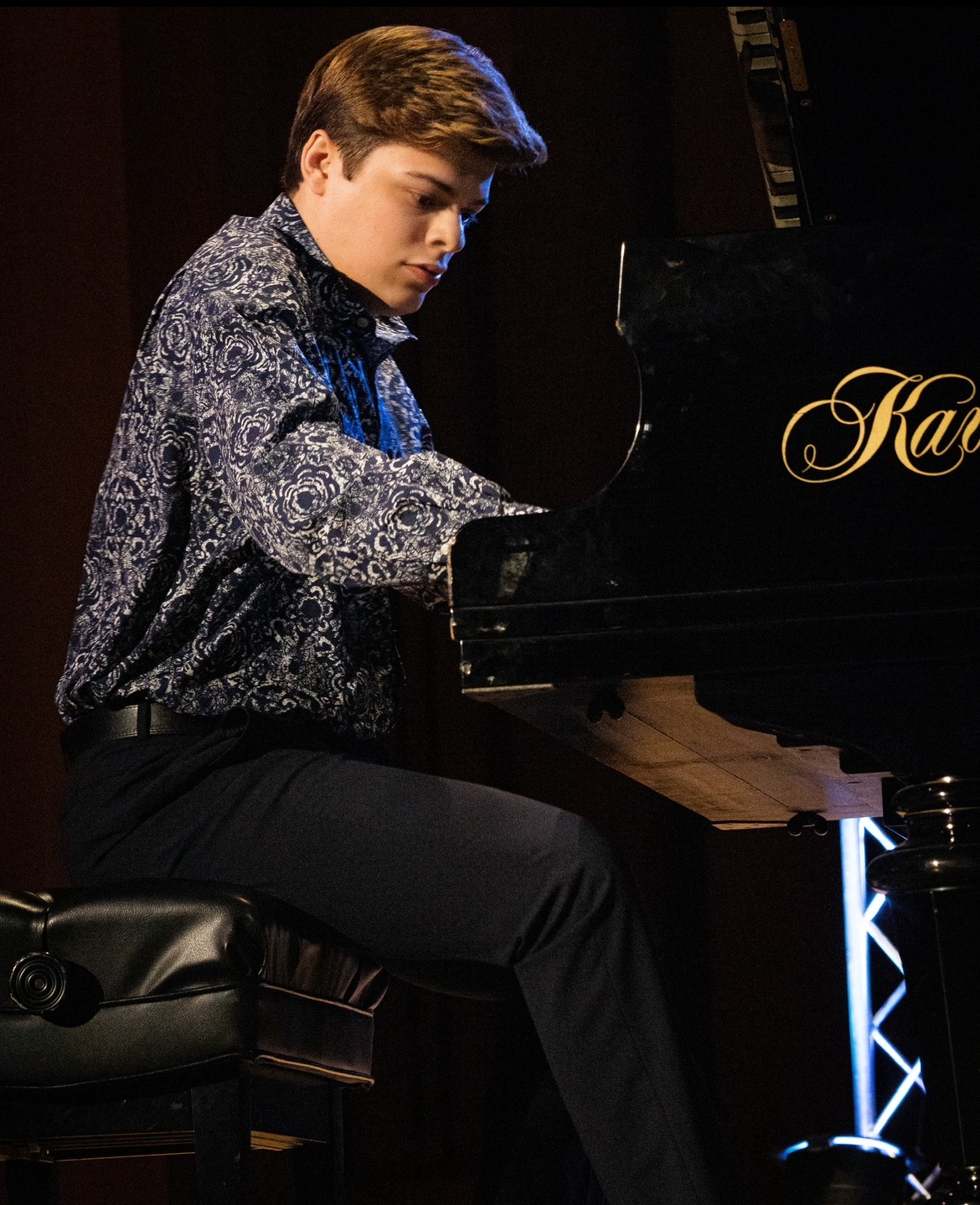

Michael Rainwater shared their story and experiences with us recently and you can find our conversation below.
Good morning Michael, it’s such a great way to kick off the day – I think our readers will love hearing your stories, experiences and about how you think about life and work. Let’s jump right in? What makes you lose track of time—and find yourself again?
Flow finds me where pattern meets pressure. At the piano, I strip a riff to its skeleton until it’s bulletproof. In tutoring, I turn a wrong answer into a tool a kid can reuse. In ecology, I trace the path from gutter to creek to clinic and remove the weak link. I lose time in that work. I find myself when it holds under stress without me touching it. That is my bias. Design for performance in the wild. It is why I arrange music, teach for transfer, and care about environmental law. Beauty is great. Reliability is better.
Can you briefly introduce yourself and share what makes you or your brand unique?
I’m Michael Rainwater— concert pianist and arranger developing Classical Not Classical, a rock-symphony project that rebuilds anthems with classical architecture. I treat a hook like a theme, a drum groove like an ostinato, and overdrive like orchestral color. If a chart can’t hold under a metronome and a string section, it doesn’t make the cut. I grew up on Elvis and Rachmaninoff, so I chase both goosebumps and craft. The project is in draft; I’m curating a tight, ruthless team — orchestrators, a rhythm section that can read and roar, and a producer who speaks both conservatory and club. Offstage, I teach high-achieving and neurodiverse students, which keeps my ear tuned to clarity: a great arrangement, like a great lesson, should work without me explaining it. Different stages, same standard: memorable first listen, durable hundredth.
Great, so let’s dive into your journey a bit more. What did you believe about yourself as a child that you no longer believe?
I used to think talent was destiny and “perfect” meant safe. Play cleaner, win the room. Now I treat talent as raw material and perfection as a bad project manager. Systems, not sprints. Teams, not tantrums. Genres aren’t fences; they’re palettes. So I design music that travels — rock with a classical backbone — and judge it by how well it performs without me explaining it. The shift is simple: from proving myself to building work that proves itself.
Do you remember a time someone truly listened to you?
Yes. My piano teacher, Mr. Nash, has been in my corner since I was four. He listened by refusing the easy “no.” It was always “yes—and” or “yes—but.” While I drilled competition repertoire, he made room to stress-test my hybrids — Bach lines over rock harmony, a riff treated like a fugue subject. He’d ask me to notate it, defend the voicings, and rehearse it like it belonged beside Chopin. Years later he told me those experiments widened his own repertoire; he started printing pop charts for students and now plays in a rock band. That kind of listening — curious, high-standard, no eye-rolls — shaped my ethic. It’s the spine of Classical Not Classical and how I teach: take ideas seriously, raise the bar, make the work hold under a metronome and a string section.
Next, maybe we can discuss some of your foundational philosophies and views? What are the biggest lies your industry tells itself?
Classical music runs on three lies. First, that perfection is the same thing as excellence. Perfection can be tidy and lifeless. Excellence breathes, risks, and still holds together. Second, that purity protects standards. Purity becomes a wall that keeps out ideas that would actually strengthen the craft. Third, that talent is destiny. Talent is raw material. Systems, rehearsal, and the right team turn it into performance you can trust.
My own work keeps disproving those lies. The best parts of my arrangements often begin as a mistake that reveals the real harmony. I keep the accident, then engineer it so it survives tempo, dynamics, and live players. I have even been told I was not a culture fit after auditioning with Bach and Chopin, because I also arrange rock. That reaction is not about standards. It is about fear of contamination. I respect the repertoire and the instrument. I just refuse to treat the score like a museum.
My answer is simple. Build charts with classical architecture and modern energy. Judge them by reliability under pressure. If a piece survives a metronome, a string section, and an honest audience, it belongs. That is my north star for Classical Not Classical and for my teaching.
Before we go, we’d love to hear your thoughts on some longer-run, legacy type questions. What is the story you hope people tell about you when you’re gone?
Here is what I would want people to say…
He ran a generous, exacting process. He kept his word. He asked sharp questions, made calm decisions, and never wasted anyone’s time. The piano was always left better than he found it, the crew got thanked by name, the check arrived on time. He shared credit, he took blame when needed, and he wrote parts that felt good under the fingers. Rehearsals started on time and ended early because the notes were clear. He opened doors. Young players got their first real call from him, then went on to hire others. He argued about voicings, not people. He protected practice, protected hearing, and protected the instrument. He respected piano techs, stagehands, and librarians as much as headliners. He cared about the city he lived in. He learned the watershed, showed up for small fixes, and did not talk about it much. He kept learning. He sent thank you notes. He returned calls. If someone keeps a program because they felt seen, if a player still uses a trick he taught, if a kid hears a piece and decides to practice, that is enough. The headline can stay simple. He did the work, he treated people well, and he left tools behind that still help.
Contact Info:
- Website: https://Michaelrainwatermusic.com
- Instagram: Itsmichaelrainwater
- Youtube: https://YouTube.com/michaelrainwater


Image Credits
New Media Institute (NMI) — TEDxUGA stage shot













